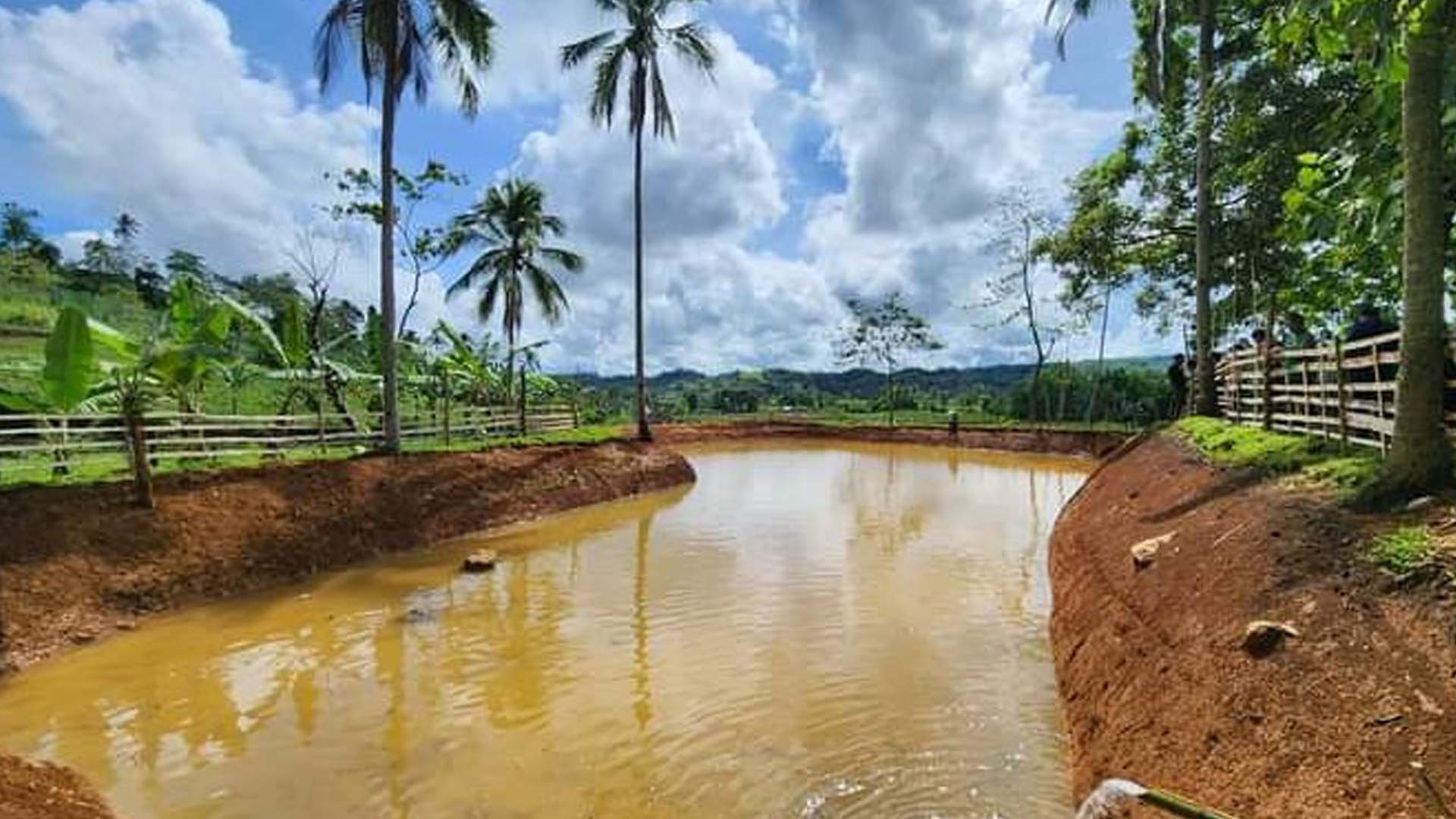Some 753 partner-beneficiaries of the Department of Social Welfare and Development’s (DSWD) initiative on climate change adaption are cultivating crops and building water reservoirs in two local government units in Negros Occidental.
They are among the families affected by drought due to El Niño who received assistance under the Project Local Adaptation to Water Access (LAWA) and Breaking Insufficiency through Nutritious Harvest for the Impoverished (BINHI).
DSWD-Western Visayas data released on Wednesday showed 100 partner beneficiaries in Escalante City while 653 others are in Calatrava town.
“The last phase of the project is the cash-for-work implementation where they are given cash in exchange for work rendered,” May Rago-Castillo, information officer of DSWD-6 (Western Visayas), said in a statement.
Those in Escalante City cultivate about 2,000 square meters of land for vegetable gardens, 20,000 square meters for cornfields, and 1,000 square meters for rice production.
In Calatrava, the partner beneficiaries are building 10 small farm reservoirs in four barangays, including Minapasuk, Laga-an, Marcelo, and Hilub-ang, to enhance water sufficiency and food security.
Rago-Castillo said they are from areas directly affected and exposed to El Niño, based on the climate outlook of the Philippine Atmospheric, Geophysical and Astronomical Services Administration, and from localities with the highest number of indigent families, based on the DSWD Listahan database.
Project LAWA and BINHI are implemented under the DSWD’s Risk Resiliency Program through Cash-For-Training and Work.
For Project LAWA, the DSWD focuses on enhancing water access and management in communities prone to drought and water shortages by constructing small farm reservoirs, repairing or rehabilitating water harvesting facilities, and diversifying water supplies, among others.
Meanwhile, Project BINHI aims to promote food security and nutrition among communities by facilitating the adoption of climate-resilient and sustainable agricultural practices such as planting of disaster-resilient crops, fruit-bearing trees and mangroves, and the like; communal and urban gardening; and vermicomposting. (PNA)





















